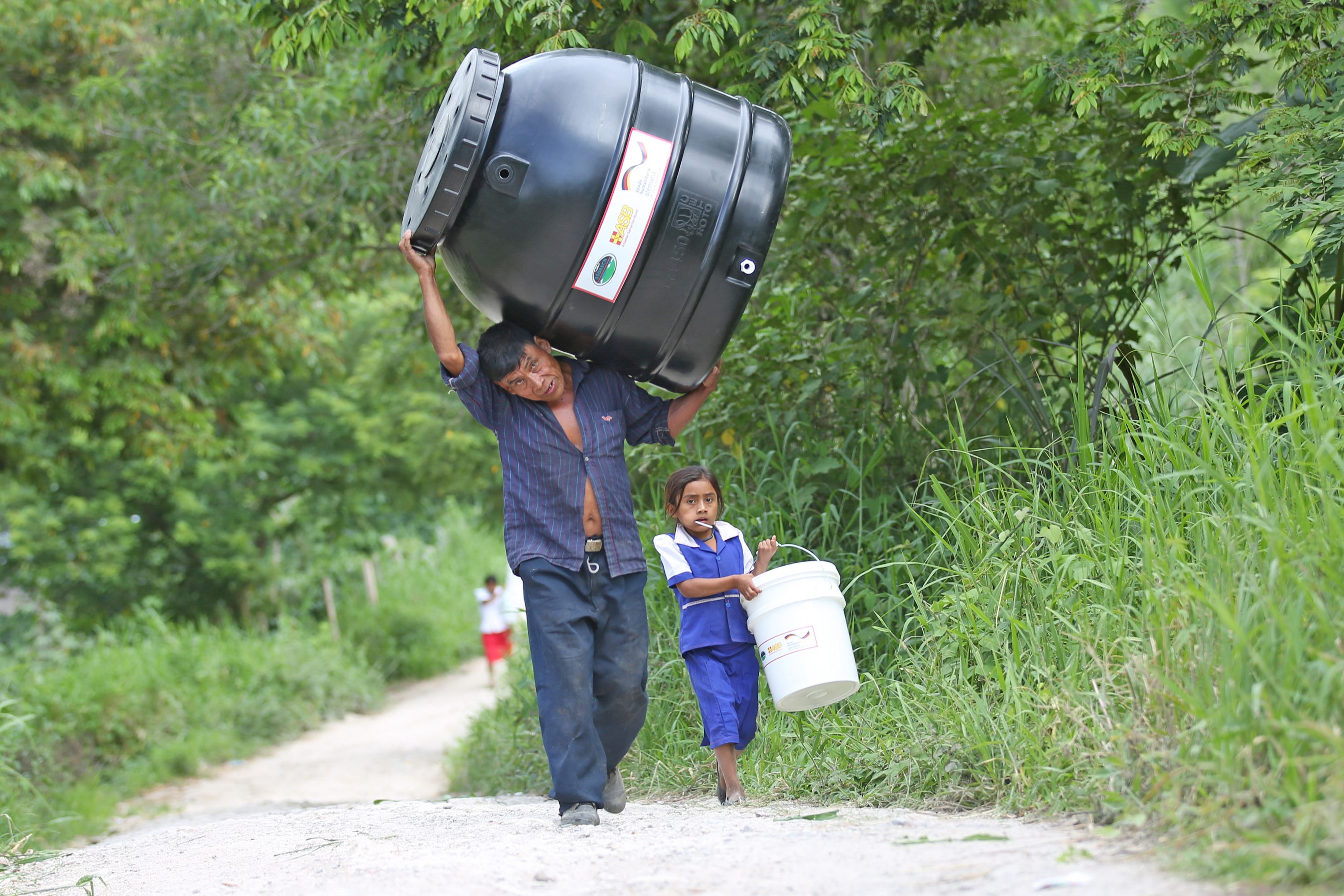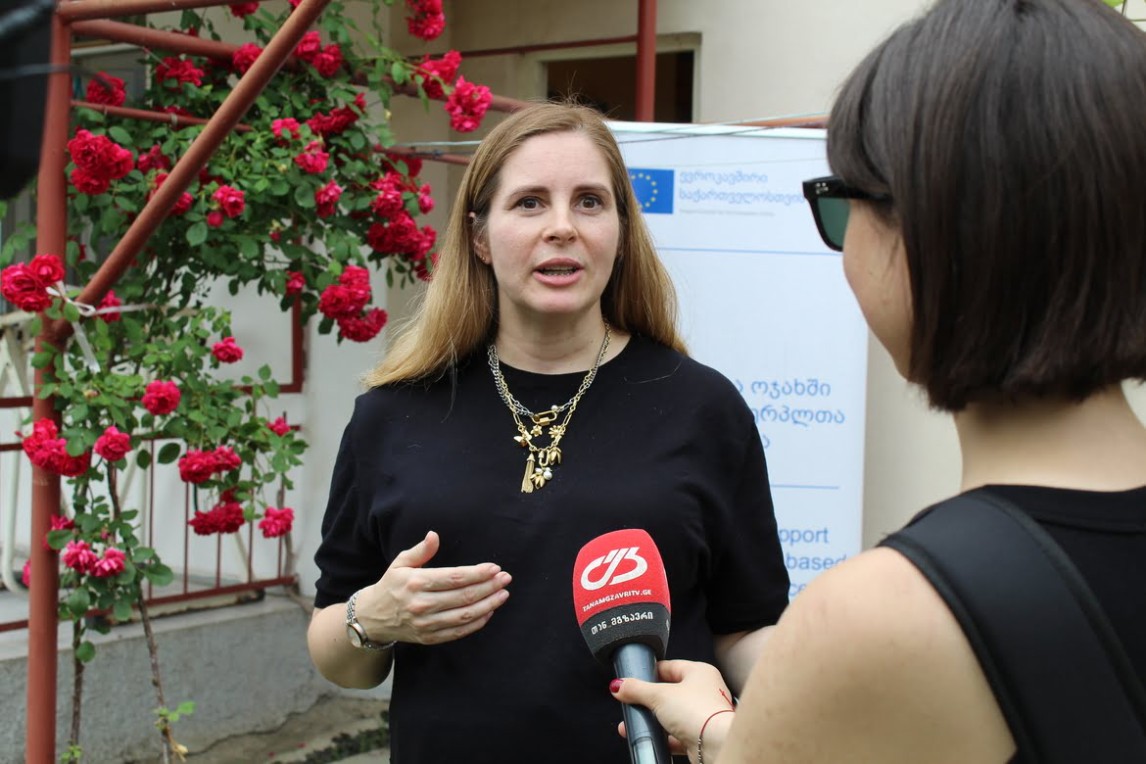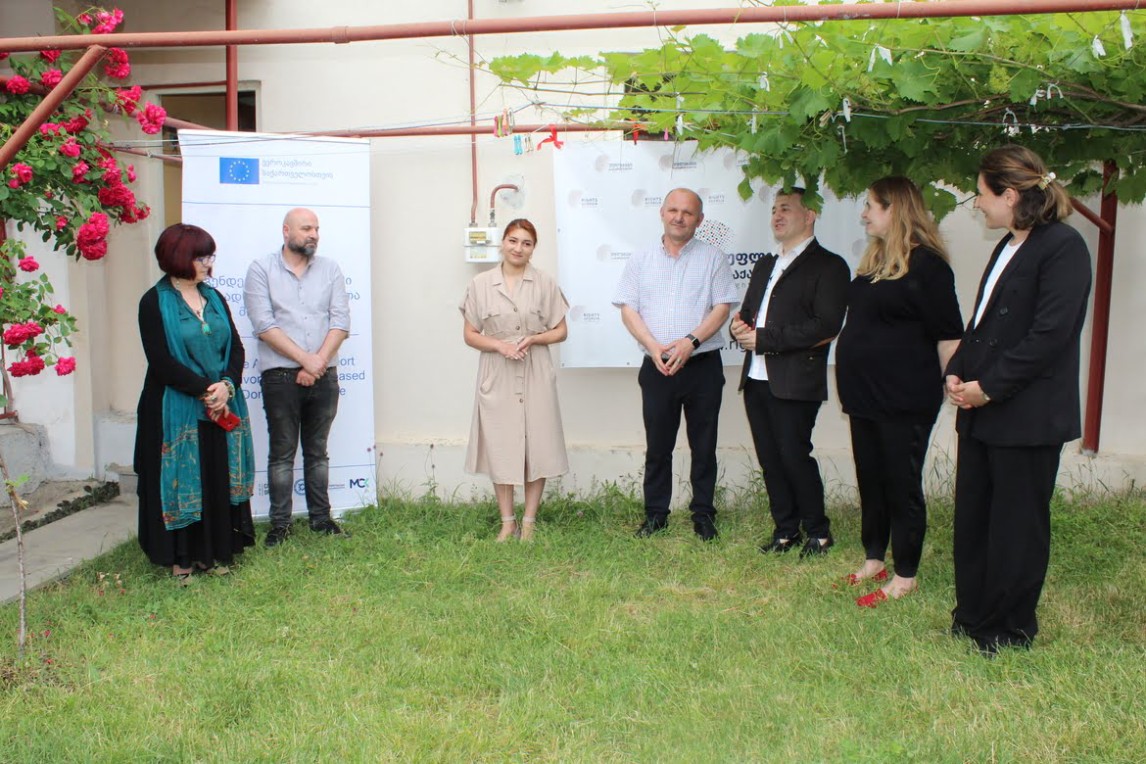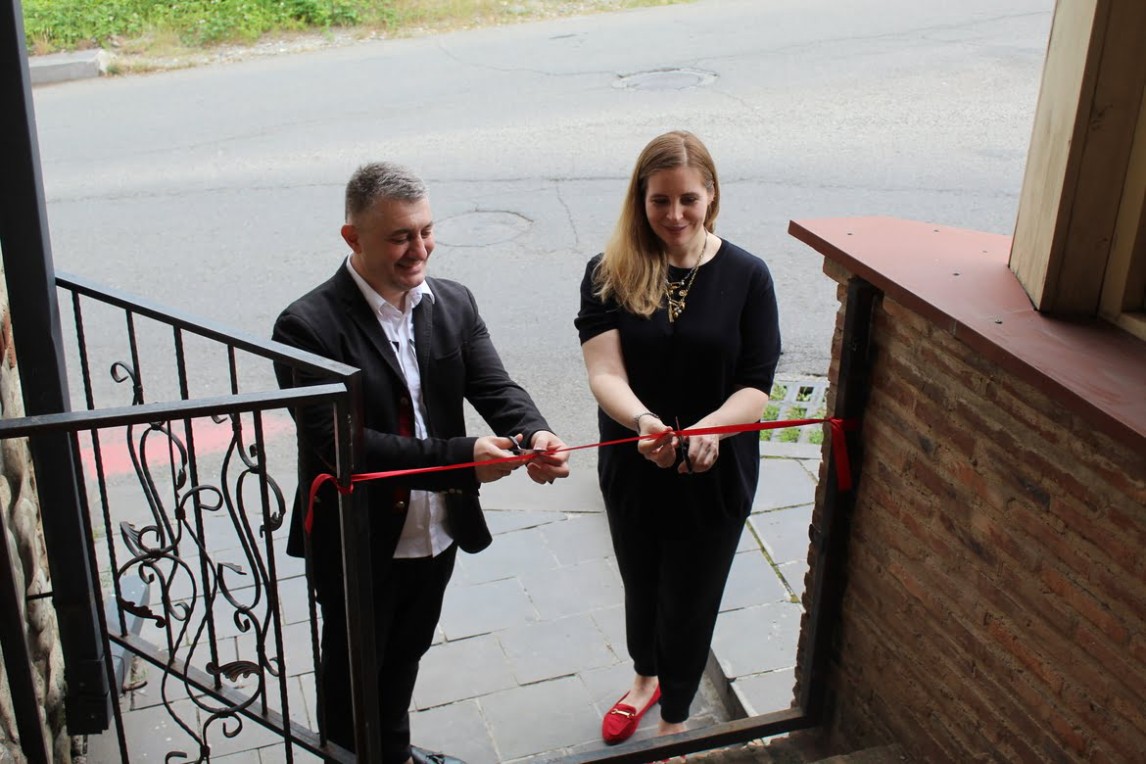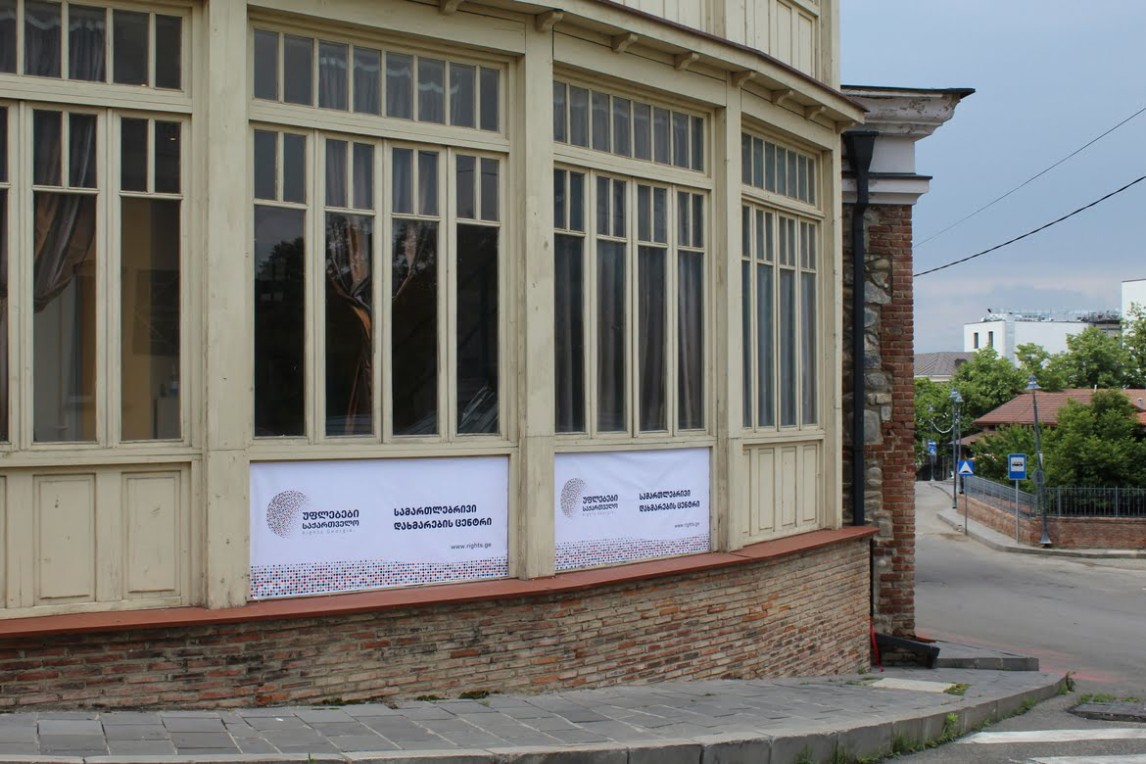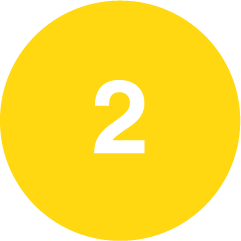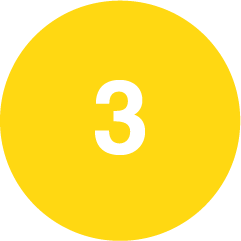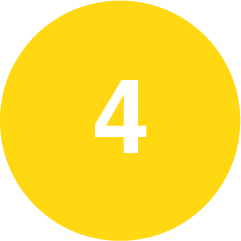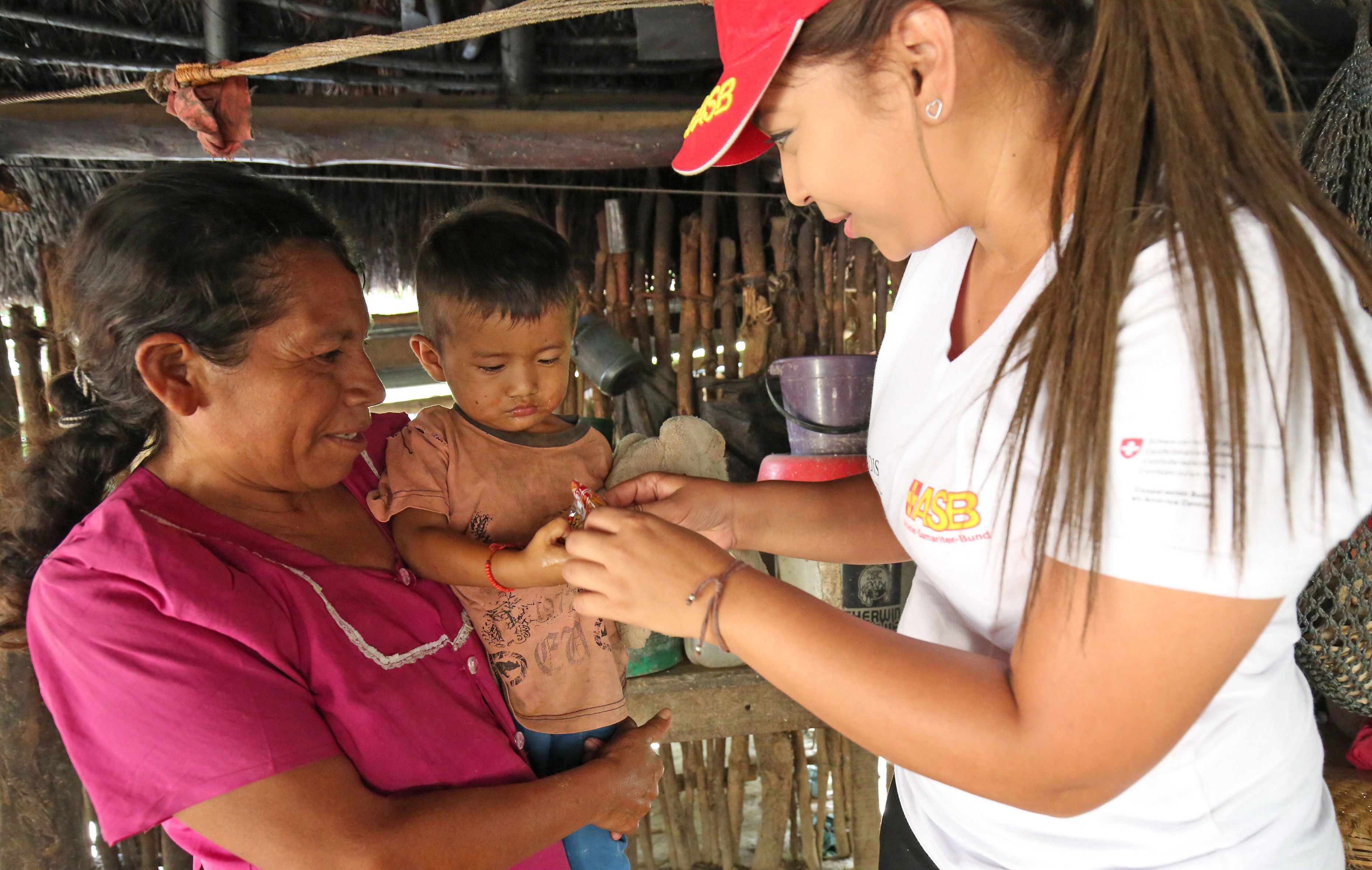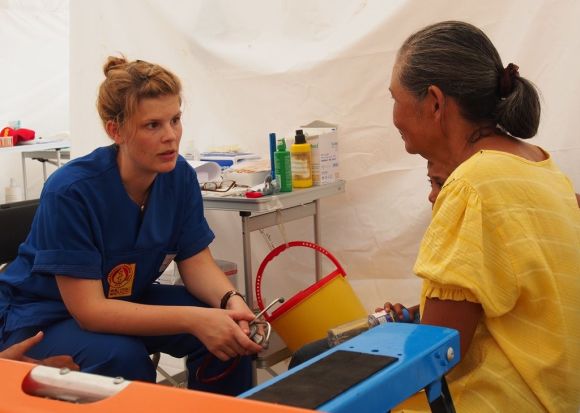-

Project title: Providing access to support for survivors of gender-based and domestic violence (PASS)
-

Project region: Tbilisi, Imereti, Kakheti, Racha-Lechkhumi
-

Financing: European Union in Georgia
-

Project volume: € 947,393
-

Duration: 2 years (01/01/2022 - 31/12/2024)
-

Target group: Internally displaced persons (IDPs), victims of domestic and gender-based violence, economically vulnerable women, residents of remote areas, women with disabilities, parents of children with disabilities, members of the LGBTQ community, marginalised groups
